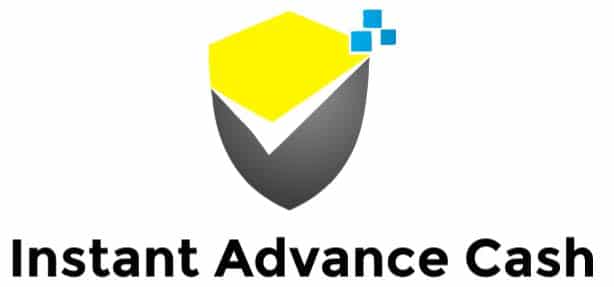Instant Cash Advance Mississippi
Instant Advance Cash Loans Online Mississippi
Mississippi Pay Day Loans
Pay day loans have long been the center of discussion and many states are yet to legalize it. Fortunately, in Mississippi pay day loans are allowed according to the Check Cashers Act. This act monitors and regulates the activities of all the lending businesses in Mississippi. Below are some of the things that every person wishing to take a payday loan in Mississippi should know.
Licensing
According to the Check Casher Act, all lending businesses should have a check cashing license in order to be able to operate within the state. Businesses that do not have licenses have to comply with the instant cash advance Mississippi Small Loan Regulatory Act under the Consumer Union. This act states that such businesses should not charge more than 36% for loans less than $1000.
Interest Rates And Maximum Amount That Can Be Borrowed
Borrowers cannot access pay day loans of more than $500 and the maximum interest charged should not be more than 18%. The Annual Percentage Rate (APR) for a $100 issued for two weeks should not exceed 572%.
Rollovers Are Illegal
The state does not allow rollovers. A rollover is whereby a borrower requests for a loan of $400 but they are unable to repay it within a period of two weeks because the lender is holding a post-dated check. In order to avoid paying a fee for a bounced check, the borrower can request the lender to delay depositing the check. The lender can decide to charge extra fees for this. This is a rollover and it is illegal in Mississippi.
Maximum Time Allowed To Repay The Loan
If a borrower fails to repay their loan on time, the lender cannot renew the loan and collect additional fees or charges. Lenders are allowed to give a grant period of no more than 30 days. If a borrower is unable to repay the loan within this time, the lender can collect a fee for insufficient funds and in cases of disclosure, the borrower will be ordered to pay court fees.
If a borrower fails to repay the loan within 30 days, they can request the lender to put them on a payment plan. The lender may decide to refuse the request since they are not legally obliged to agree to it.
Additional Fees Associated With The Pay Day Loan
A lender can decide to charge the borrower a onetime NSF (Not Sufficient Funds) fee of $30 if they deposited a check and it returned unpaid. Remember that they can only charge for this fee if it was stated in the agreement that the borrower signed. If the lender decides to take up the matter with the court and judgment is awarded to them, the borrower will pay for the court fees as well as the NSF fee.
Location Requirements
Most pay day loan businesses issue loans via the internet. This is because it is more convenient and it makes it a very fast process. The law requires pay day loan lenders to provide a valid and legal postal address according to the zoning laws. The lender should not operate in a store that is less than100 square feet. It is also illegal to locate a pay day lending institution near title pledge offices, pawn shops or similar places.
Terms And Condition Should Be clear
As with most pay day institutions in other states, they are required by law to clearly tell the borrower their terms and conditions before they accept the loan application. There should be a written agreement indicating the transaction date and how much interest will be charged. The agreement should also show any fee that the borrower is expected to pay. The transaction date and the agreement date should coincide.
Other Compulsory Requirements
Pay day loan lenders are not allowed to issue loans to borrowers who do not have a valid form of identification. They must request for a form of identification that shows they are a US citizen. If a lender decides to advertise their services, they are required to make it clear in the advertisement that borrowers should provide identification before being issued with a loan.
Late
payments and insufficient funds cannot be subject to criminal charges
but if fraud or any other criminal act is committed by the borrower, the
lender should report the issue to the District Attorney for the
Judicial District where the loan was issued. If a borrower fails to pay
their loan, the lender may decide to file a civil suit action.
